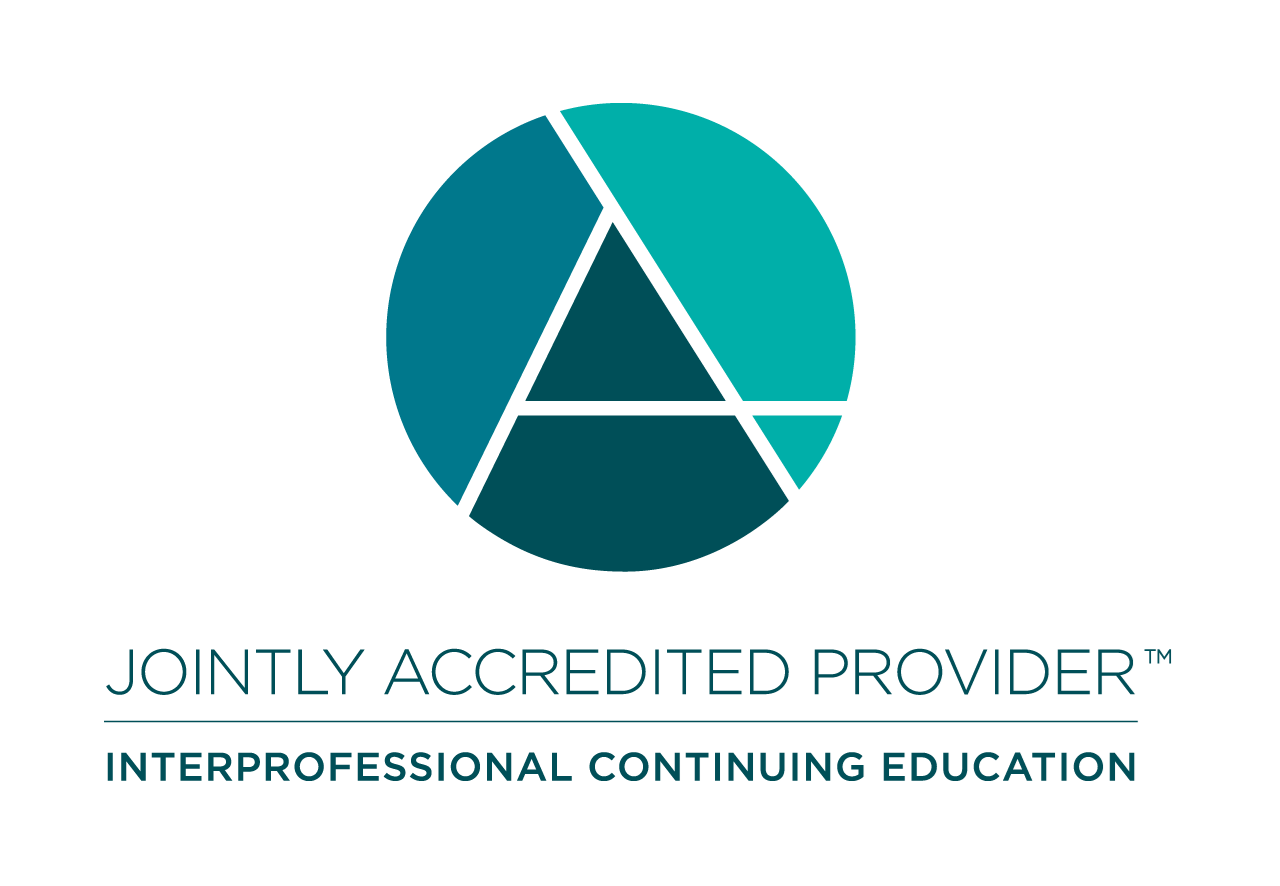Systems Shifting Focus from Healthcare to Health
What is on the horizon for healthcare? What adaptations and adoptions of models of care will be needed in a post-pandemic world? Members of the American College of Healthcare Architects (ACHA) Future of Healthcare Task Force share some of our findings in this session. Join us for a discussion of how systems must react to changing needs and shift focus from healthcare to health. We will address the holistic needs of diverse individuals and what that means for your existing and planned facilities. You will learn ways successful care delivery is tied to the built environment and how that environment supports your organization’s ability to react to needs of patients and staff. Our exploration of the link between quality of care and the settings in which that care is delivered will include patient-centered care and whole health models of care. We will review four primary environmental drivers needed to provide for a range of patient needs. Staff resiliency is a critical issue right now. Your efforts to recruit and retain the best team is tied to addressing root causes of burnout. We will explore ways that architecture can help including new strategies for clinical work environments, collaboration and learning spaces, and creating areas of respite.
Learning Objectives:
- Understand the patient-centered care model and how it relates to improving relationships between caregivers and patients, provision of care and system features.
- Name the four most important ways your buildings impact care delivery and when you need to discuss them with your architect.
Speakers:
Angela Mazzi, FAIA, FACHA
Partner, GBBN Architects
Michael Covert, FACHE
Chief Operating Officer, Northeast Georgia Health System
Lisa Charrin, AIA, ACHA
Vice President/Equipment Strategist, Ross and Baruzzini
This session was originally presented at the 2022 Congress on Healthcare Leadership.
Continuing Education Credit
ACHE Qualifying Education Credit
This recording is eligible for 1 ACHE Qualifying Education credit.
ACHE Education credits will be automatically updated in your My ACHE account upon completion of the recording.
Interprofessional Continuing Education Credit
In support of improving patient care, the American College of Healthcare Executives is jointly accredited by the Accreditation Council for Continuing Medical Education (ACCME), the Accreditation Council for Pharmacy Education (ACPE), the American Nurses Credentialing Center (ANCC), and the American Academy of PAs (AAPA) to provide continuing education for the healthcare team.
This activity was planned by and for the healthcare team, and learners will receive a maximum of 1 Interprofessional Continuing Education (IPCE) credit for learning and change. For further information about Joint Accreditation credits and certificates, please click here.
Physician Continuing Medical Education
The American College of Healthcare Executives (ACHE) designates this live activity for a maximum of 1 AMA PRA Category 1 Credits™. Physicians should claim only the credit commensurate with the extent of their participation in the activity.
Continuing Nursing Education
The American College of Healthcare Executives designates this live activity for a maximum of 1 contact hours of continuing nursing education.
Continuing Pharmacy Education
The American College of Healthcare Executives designates this knowledge-based activity for a maximum 1 contact hours of continuing pharmacy education credit.
Continuing Social Work Education
The American College of Healthcare Executives designates this knowledge-based activity for a maximum 1 contact hours of continuing social work education credit.
Continuing Education for Dietitians
The American College of Healthcare Executives designates this knowledge-based activity for a maximum 1 contact hours of continuing education credit for Registered Dietitians and Dietetic Technicians, Registered. RDs and DTRs should enter activities offered by jointly accredited providers as type 102 on Professional Development Portfolio (PDP) activity logs. CPEUs awarded must be commensurate with participation in the activity.
Physician Associate/Physician Assistant Continuing Education
The American College of Healthcare Executives has been authorized by the American Academy of PAs (AAPA) to award AAPA Category 1 CME credit for activities planned in accordance with AAPA CME Criteria. This activity is designated for a maximum of 1 AAPA Category 1 CME credits. PAs should only claim credit commensurate with the extent of their participation.




